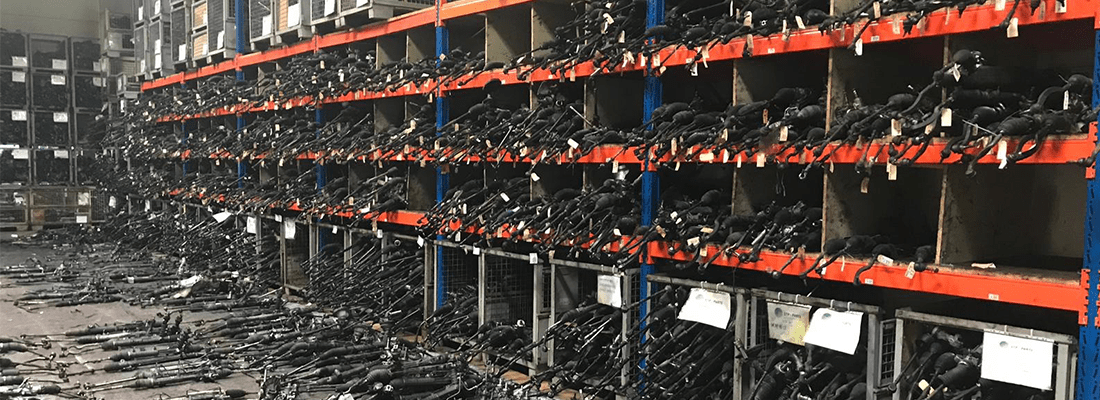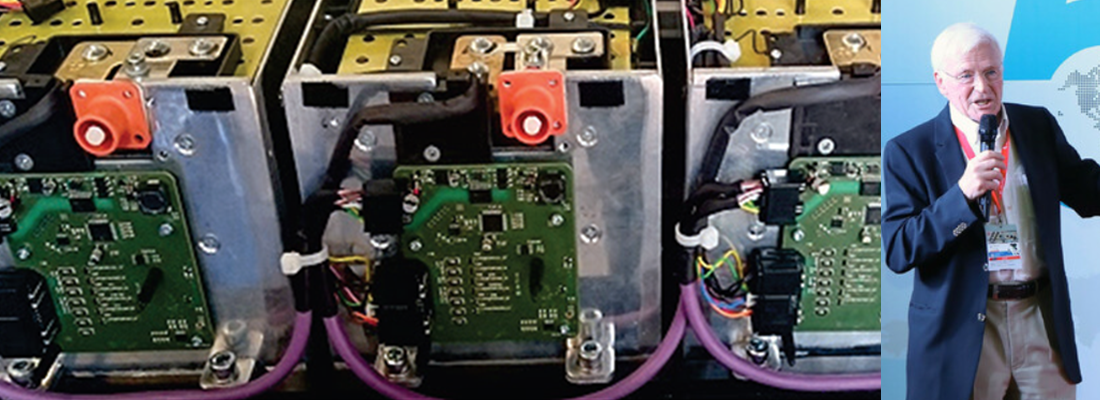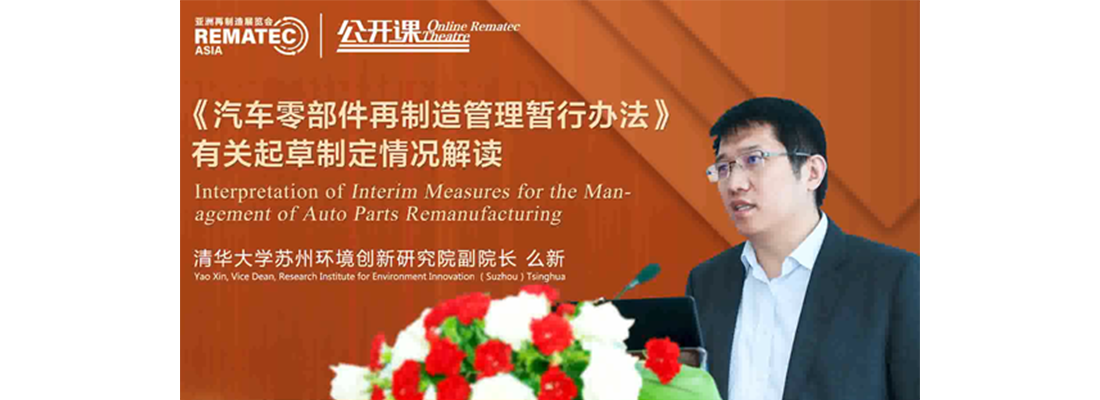Core competency
Core brokers play a significant role in the circular economy and remanufacturing, says Chatzinikolaou Georgios of STP-Parts – and it’s important that their role is properly recognised. The circular economy (CE) is an economic system which aims to minimise waste and make the most out of resources. In such a system, resources, waste and emissions are minimised by slowing and narrowing energy and material loops. One of the most important CE processes is, of course, the remanufacturing of auto parts.
Today there is no doubt about the benefits to the environment of auto parts reman. By keeping components in use for longer, significant energy use and emissions to air and water can be avoided (e.g. CO2 and SO2). But the benefits are not only environmental. Remanufactured products, according to studies by the European Remanufacturing Network (ERN), are typically 60-80% of the cost of a new product - due to the cost savings made from the recovery of the materials and energy content of the product. In addition, reman provides opportunities for the creation of highly skilled jobs and economic growth. So, in a few words – yes, remanufacturing is important.
Key problem
But what is one of the most predominant elements of remanufacturing? The cores. A key problem faced by a remanufacturer is ensuring a sufficient supply of cores to support reman operations. And at this point the critical role of the core supplier comes in. These are the ones who are going to fill in the gaps for the reman industry: sourcing of cores, correct identification, satisfaction of various quality criteria, forecasting, storing, optimisation and statistical techniques are some of the basic and challenging functions of a core supplier.
The sourcing of cores to be supplied to reman companies is a complex set of activities that requires careful coordination to avoid the uncontrolled accumulation of cores, or shortages leading to low levels of customer service - in other words, not being able to supply the reman industry with the right material in the right quantities at the right time.
In order to achieve this consistently, the core supplier needs to invest in cores which are not in demand today but which will come in the future (forecasting) - something which is often associated with cash flow problems for the core supplier.
Chinese imports
In addition, the uncontrolled import into Europe of Chinese copies in recent years has resulted in the significant drop of sales of remanufactured products. As a consequence, the demand for cores has become lower - creating higher risks for the core suppliers investing in cores.
Let‘s hope that the people in the reman industry - and outside it, including politicians - will take appropriate measures in order to continue to talk about the circular economy and remanufacturing and not just ‘linear business’ in the future.
And remember: ‘No cores, no reman.’
Share your remanufacturing stories with us
Do you have an innovation, research results or an other interesting topic you would like to share with the remanufacturing industry? The Rematec website and social media channels are a great platform to showcase your stories!
Please contact our Brand Marketing Manager.
Are you an Rematec exhibitor?
Make sure you add your latest press releases to your Company Profile in the Exhibitor Portal for free exposure.






